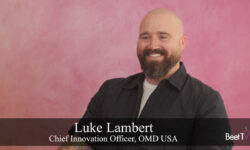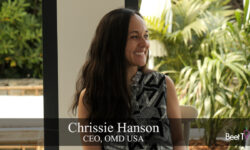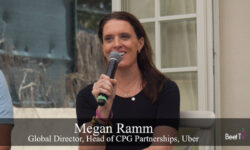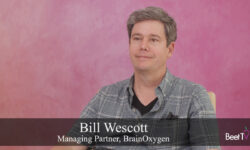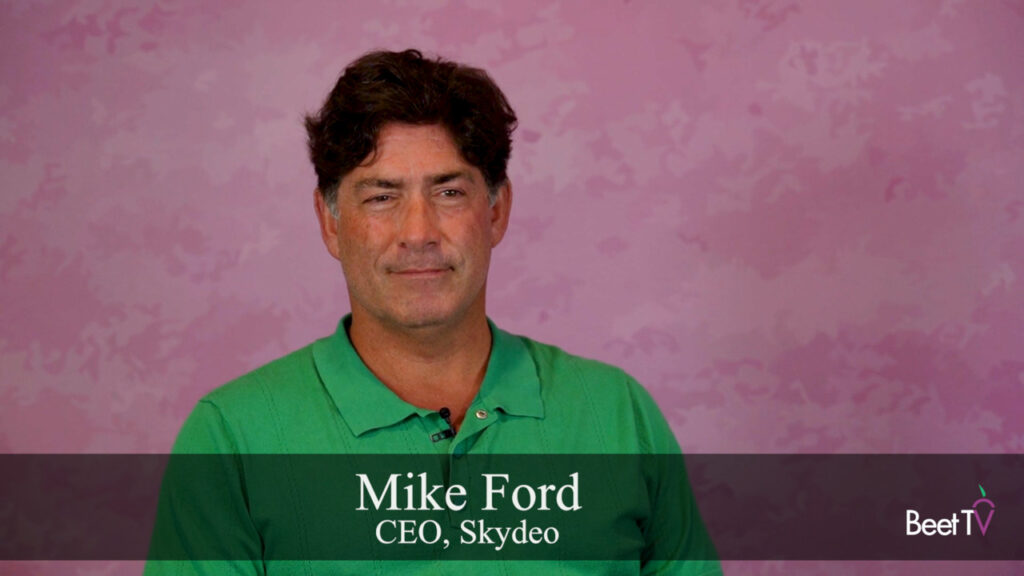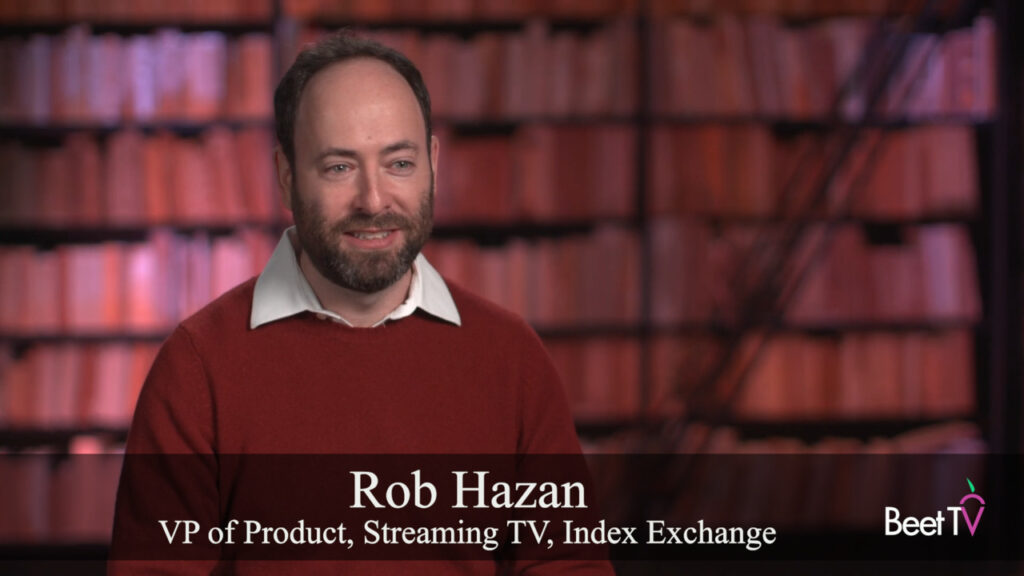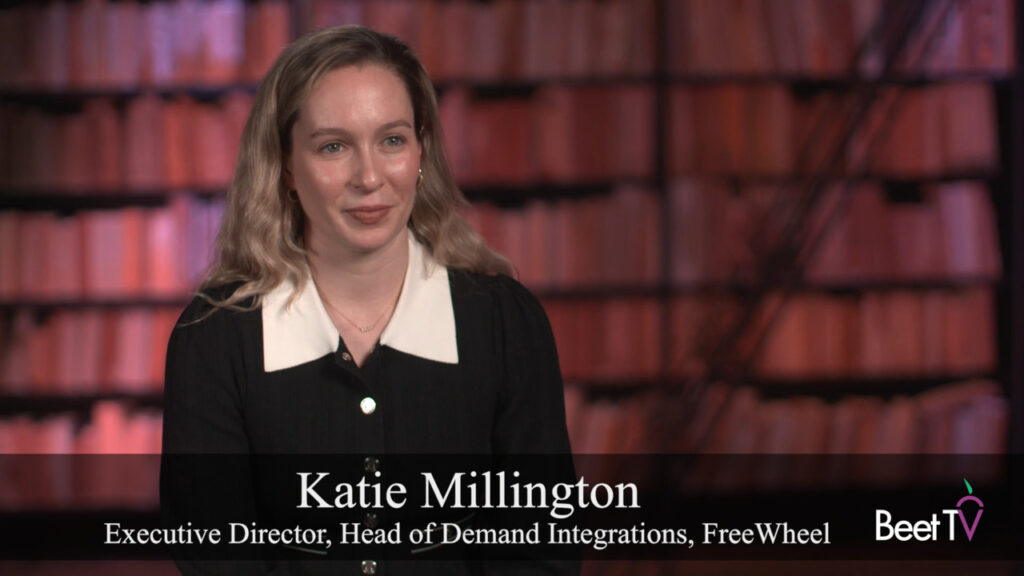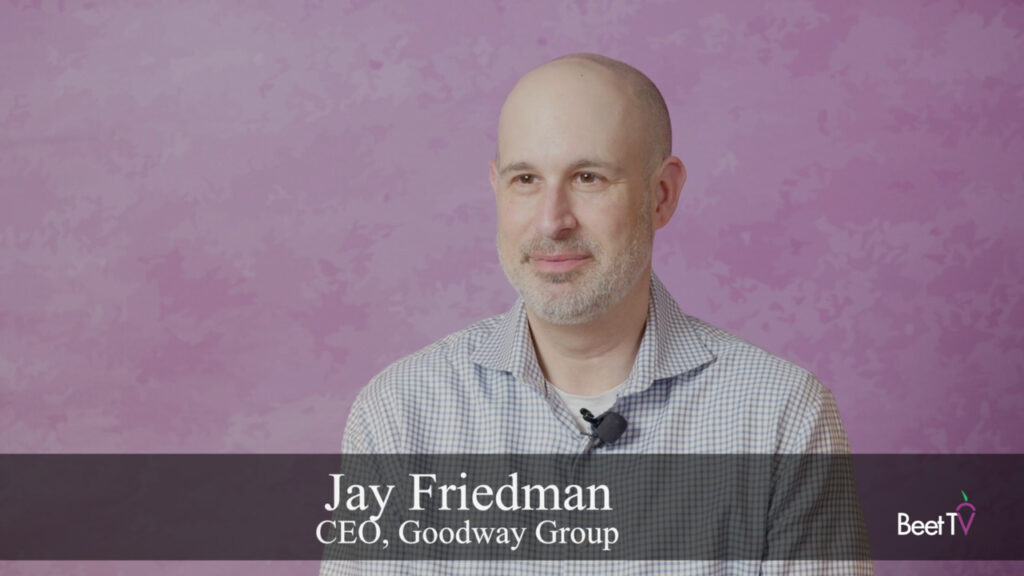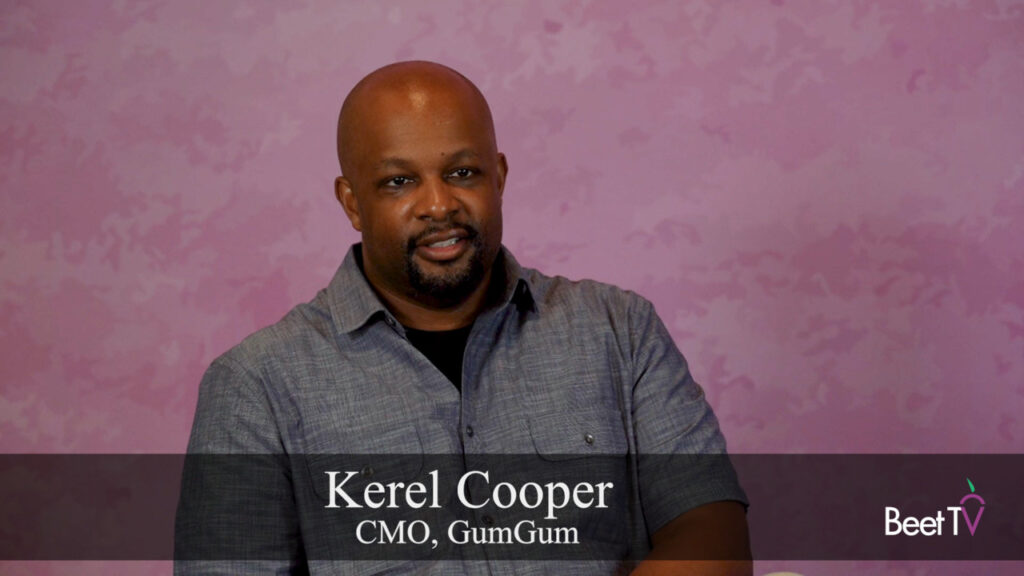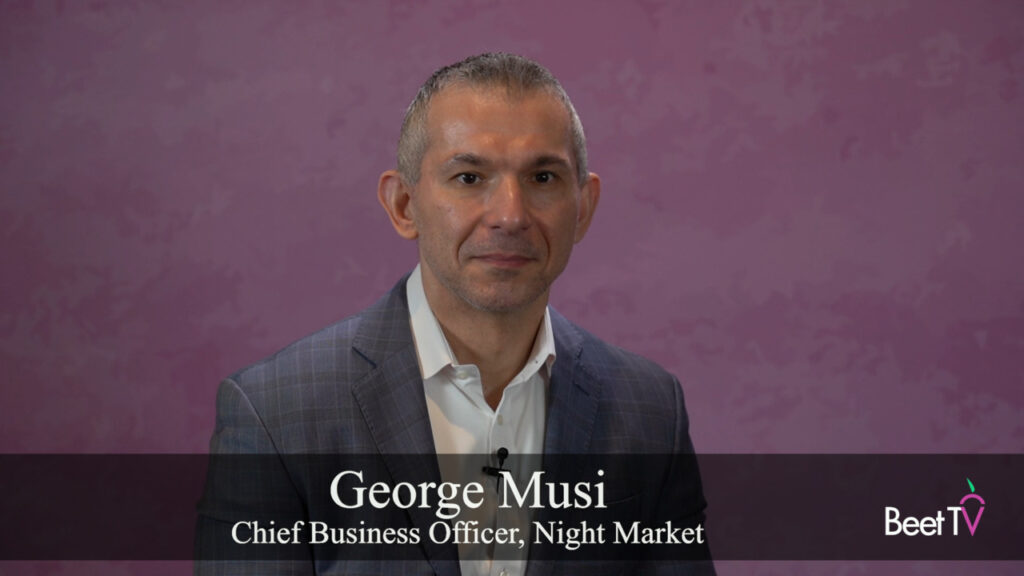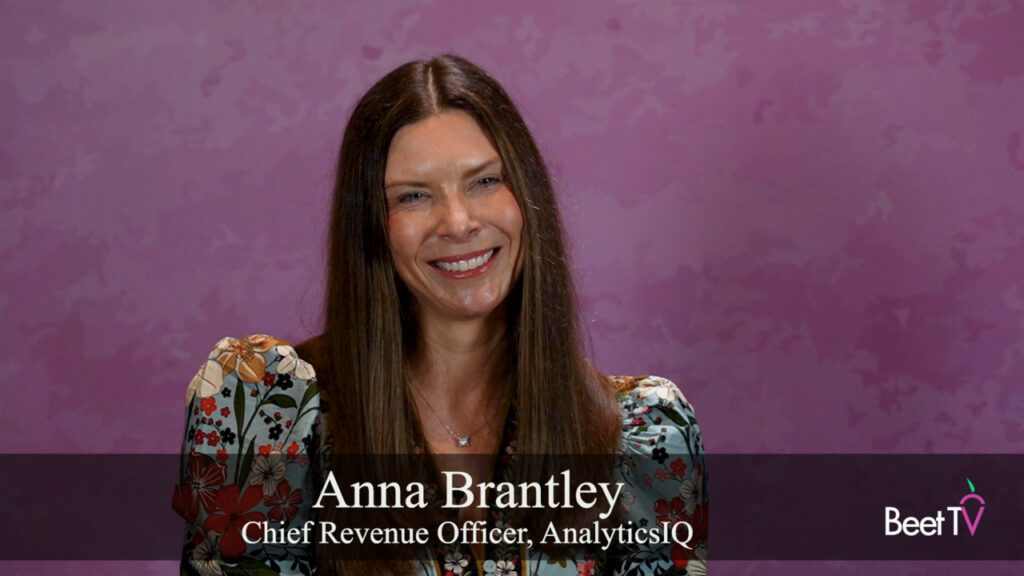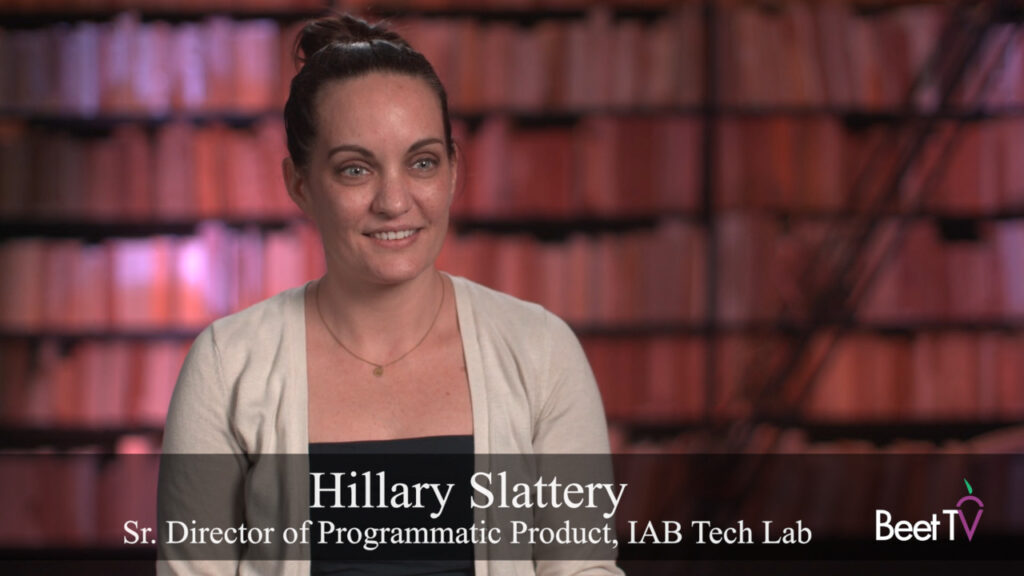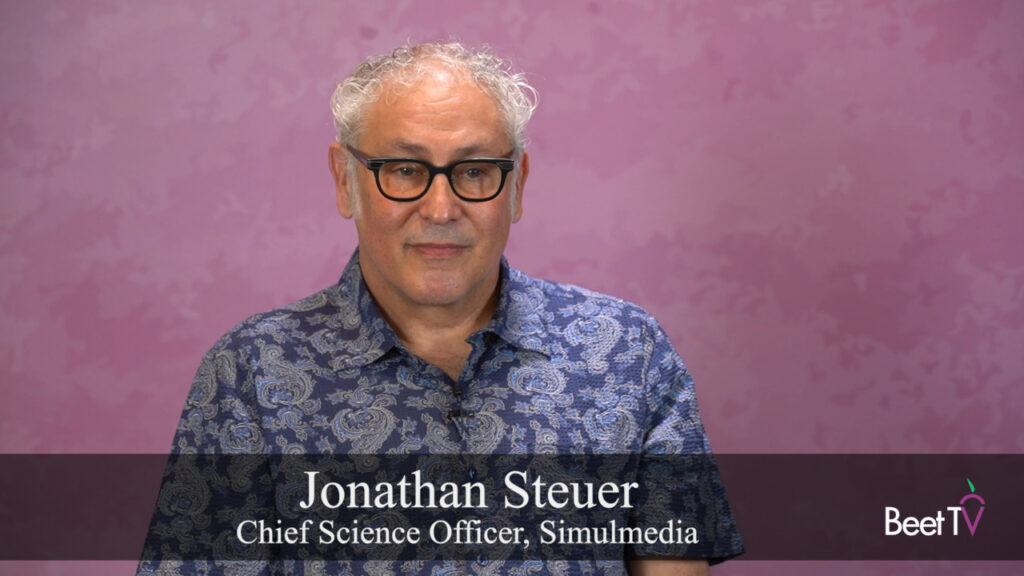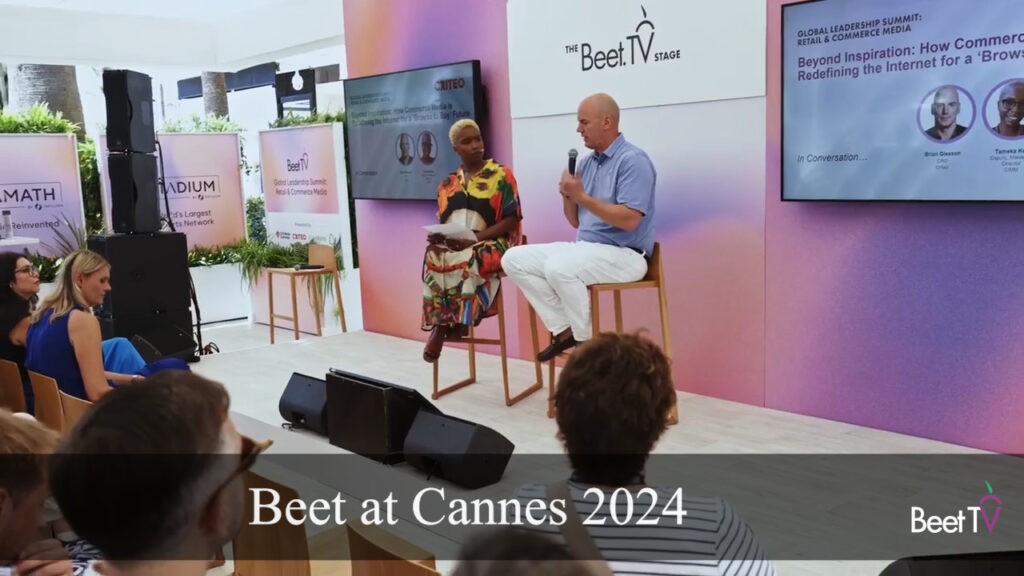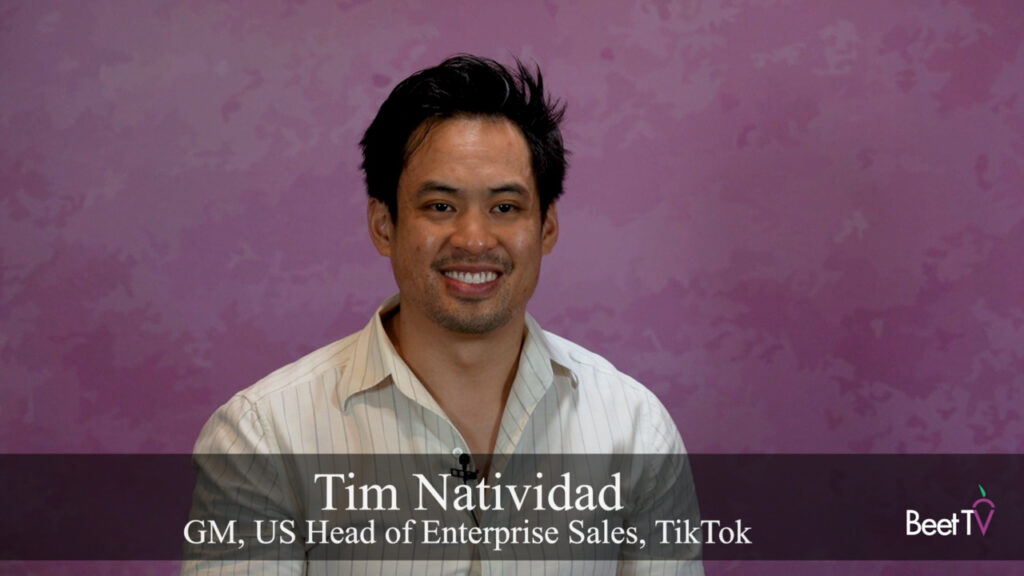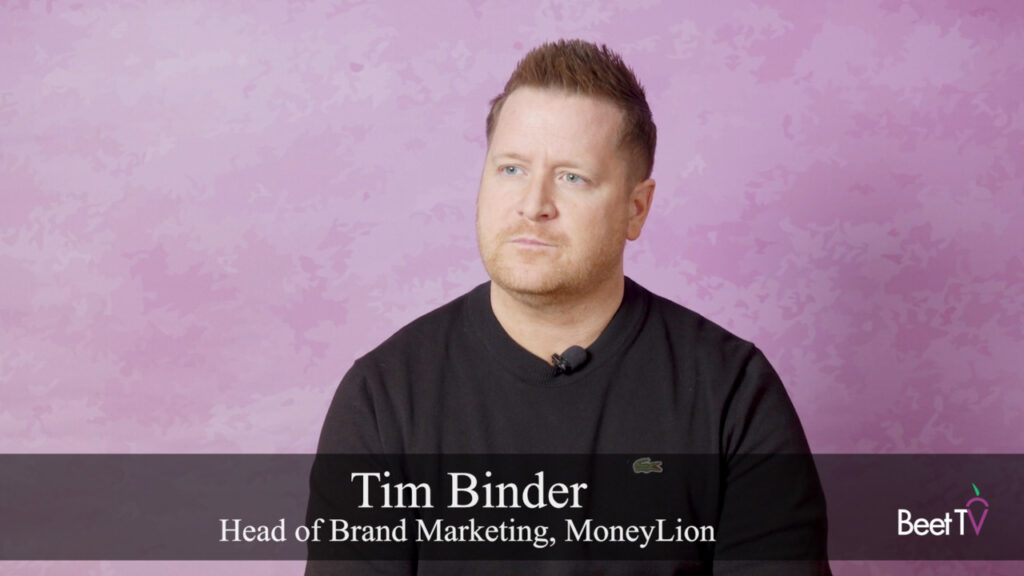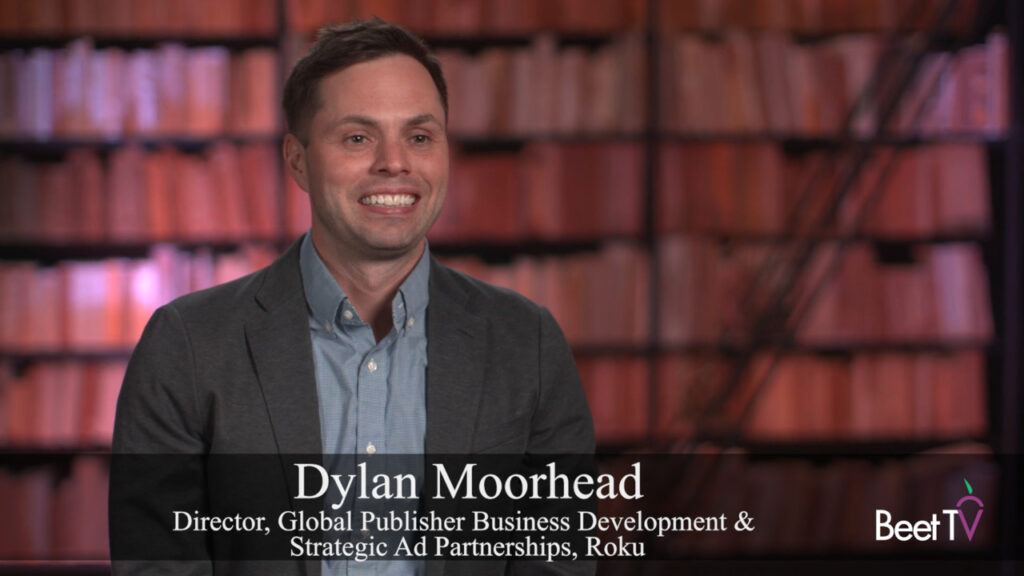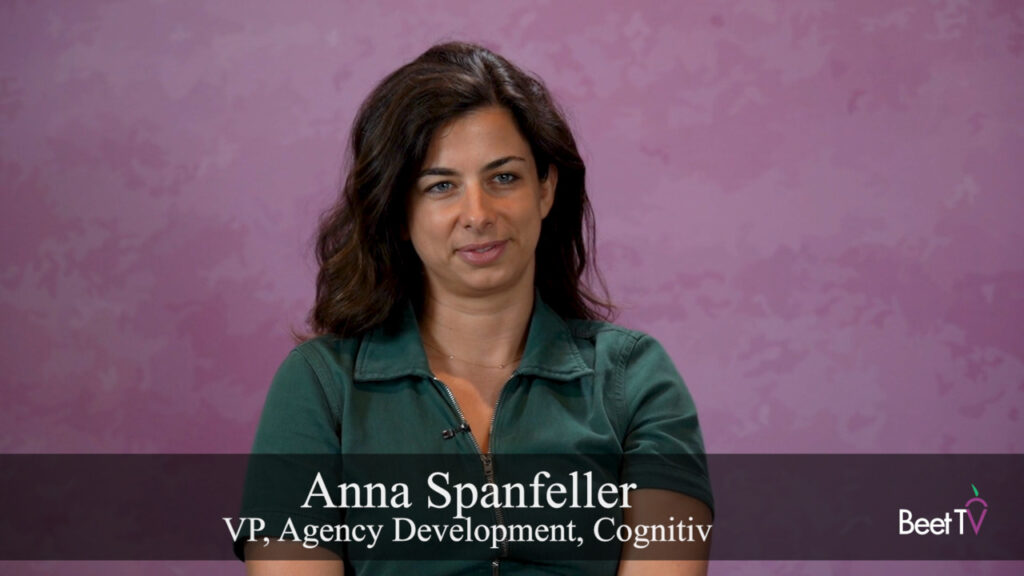CANNES – Advertising agencies have a key role in transforming people’s lives, and these changes aren’t confined to luring consumers to buying products and services. Increasingly, agencies are broadening their mandates to limit advertising’s negative effect on the Earth’s system of natural resources.
Marla Kaplowitz, president and chief executive of the American Association of Advertising Agencies (4 A’s), in this fireside chat at the Cannes Lions International Festival of Creativity asked key people from the world’s biggest agency-holding companies to discuss what the advertising industry is doing to reduce greenhouse-gas emissions.
- Jemma Gould, vice president and chief sustainability officer at Interpublic Group: “The important thing about what we do is working across the company. It’s working not only with all of our agencies, but at the holding company level, working with everyone in the company to understand how not only is this something that we have to do, but it’s something that’s going to help our business.”
- Deva Bronson, executive vice president and global head of brand assurance at Dentsu Media: “Our biggest challenge now is the fact that we don’t have any federal regulations that would compel our partners and our clients to have some skin in the game. This isn’t something that’s dependent on our industry entirely, but we all know that there’s no motivator like the threat of being slapped with a fine for not complying. I’m cautiously optimistic, but definitely feel a sense of urgency.”
- Ollie Joyce, global chief transformation officer at WPP’s Mindshare: “The biggest challenge for us as advertising and marketing people is credibility. We exist as a business to sell more stuff to more people, and for 100 years that’s been brilliant because it’s raised standards of living, it’s taken people out of poverty, it’s raised education standards. We’re now in a situation where it cannot continue and it will cause real damage if it does continue. We have to look at how we change behaviors. People are going to have to buy differently.”
Scoping Out the Supply Chain
As a key part of the global supply chain, advertising agencies provide services to companies that are scrutinizing how their vendors help or hurt the cause of environmental sustainability. Agencies not only have Scope 1 emissions from their direct activities, but they also have Scope 2 emissions from the power they buy from utility companies that burn fossil fuels and Scope 3 emissions as part of the value chain for a variety of brands.
- Scope 1 covers direct emissions from a company’s own or controlled sources, such as fuel burning, waste processing or equipment leaks.
- Scope 2 emissions are the indirect emissions from the energy purchased and used by a company, such as heating, ventilation, air conditioning and electricity.
- Scope 3 emissions are the indirect emissions from a company’s value chain such as ad-tech vendors, waste disposal and transportation.
Gould: “First, we’re looking at how we operate and we are looking at our travel, because that’s a huge piece of it as we all sit here in Cannes. We’re sending fewer people, we’re traveling differently. Business class for many of us is a thing of the past. And then we’re looking at how we’re using our energy. And when we partner with our clients, our clients are pressuring us because we are part of their supply chain, so we’re part of their Scope 3.”
Bronson: “Something interesting that we’re doing is encouraging small changes by individuals in their offices and in their home offices. Many of us who are in large cities like New York don’t necessarily have the ability to control our environments and how efficient our workspaces are because we lease five floors in a 150-year-old building that guzzles oil by the second. There’s not much we can do about that because we can’t go off and build a huge LEED- [Leadership in Energy and Environmental Design] certified campus for ourselves. So encouraging limiting waste, simple things, bottle fillers, limiting paper usage, limiting printer usage. We have meetings at least quarterly to talk through issues around all of the pillars of ESG [environmental, social and corporate governance], not just environmental sustainability.”
Joyce: “We’ll be across Scopes 1 and 2, we will have zero emissions by 2025, all our energy will be renewables. By 2030, we will be net zero, including an absolute 50% reduction across our Scope 3, including media. We made those commitments. We didn’t know how we were going to get there. That’s really a way of doing it, because as soon as you’ve got a commitment, you say, “okay, we go and work that out.” We’ve now got a credible plan in terms of how we do that internally.”
You’re watching coverage of the Sustainability & Responsible Marketing Summit at Cannes Lions 2023, presented by Adlook & Sharethrough. For more videos from Beet.TV’s Cannes Lions 2023 coverage, please visit this page.








